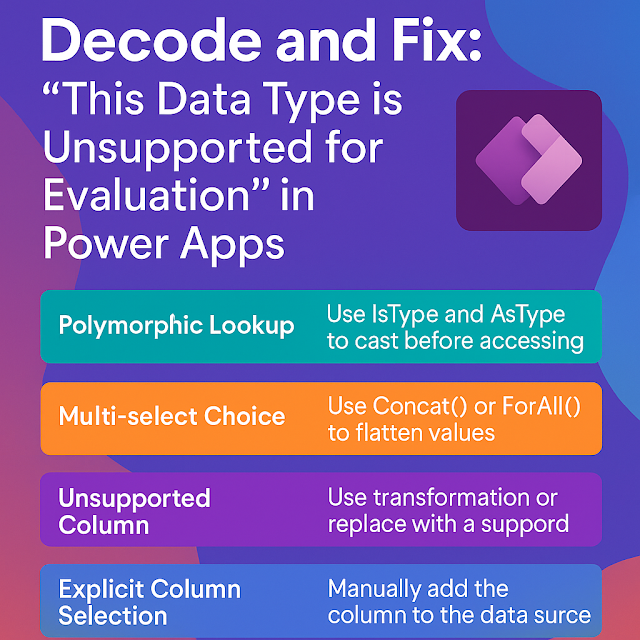Team based Security in Microsoft Dynamics 365 CE (Part 1)
Microsoft Dataverse provides robust and flexible security model where access and permission can be easily maintained in the prospect of business and customer relationship as well as protect the data integrity and privacy. but Team based security is always challenge for me, because it provides the wide range of user activities and business object ownership with proper security. Initially, I believe that it is similar the User Based Security, but Team based Security is not similar than User based. My curiosity motivates for deep dive of this security paradigm. In Dynamics 365, most entities (including custom entities) are owned by the organization, user, or team which provide the ownership of business records. Although there are four type of entity ownerships which are mentioned below, Custom Entity's ownership are only two.
None: There are many system entities that don’t have an owner, but most of these aren’t visible in the solution explorer. These mostly consist of intersect entities created to support Many-to-Many relationships or where access to the record is controlled by a parent record. For example, Opportunity Product records must be accessed through a user or team owned Opportunity record.
Organization-owned: There are organization-owned system entities. These include Article, Article Template, Competitor, Currency, and Web Resource.
User or Team Owned: There are user or team owned system entities. Because these records are owned by a user or team, they’re connected to a business unit and specific security roles for the business unit. Therefore, these entities participate in role-based security.
The team is closely involved with the ownership of the entity. It can be assigned as the owners of records and entities rather than individual users. Setting a team as the owner of a unit ensures that all members of that team have the same access and privilege levels across the board.
Microsoft Doc Says:
Teams provide an easy way to share business objects and let you collaborate with other people across business units.
Advantages of Teams :
- Teams provide access to a group of users.
- A team belongs to one business unit, but it can include users from other business units.
- The team's privileges are defined by these security roles.
- A user can be associated with more than one team.
- A team has full access rights on the records that the team owns.
- Owner Team
- Access Team
- Azure AD Security Group Team
Access Team: An access team does not have records and does not have security roles assigned to the team. Team members have privileges defined by their individual security roles and the roles of the teams in which they are members.
Azure AD Security Group Team: This team is similar to owner team. an Azure AD Group Team can own records and can have security roles assigned to the Team.
Team creation steps:
1. Select the Advanced Setting option
2. click on the Security option
3. Select the Team














Comments
Post a Comment